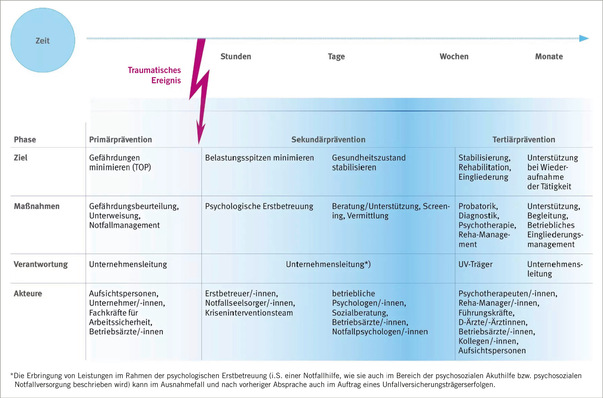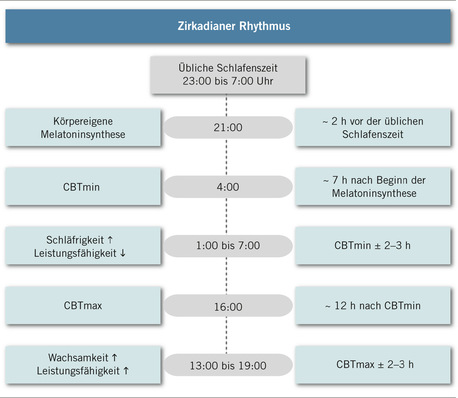Aim: While job-related mobility is increasing
and a growing number of employees are
mobile for job-related reasons, to date much
remains unknown about the precise extent
of job-related mobility and its consequences
for subjective physical and mental well-being
and its impacts on family life.
Method: In 2007 a standardized cross-sectional
survey was conducted in six European
countries (Germany, France, Spain, Poland,
Belgium and Switzerland) in which altogether
7220 persons aged between 24 and
54 years, among those 2432 mobile and 4788
non-mobile persons, were interviewed. The
study is representative for those countries.
In Germany, 1663 people participated (response
rate 18%), among those 415 mobile
persons. Data were weighted by marginalization
according central socio-demographic
variables.
Results: The findings are indicative of multiple
stress associated with several mobility
forms, such as in long-distance commuters
or weekend commuters. Relocation seems to
be associated with a brief period of high-level
stress. In addition, indications of a “healthy
mobile selection effect” are discussed.
Conclusions: The results make clear the necessity
for a reduction of mobility-related
stress and indicate conceivable preventive
measures as well as the need for further research
into this subject.






